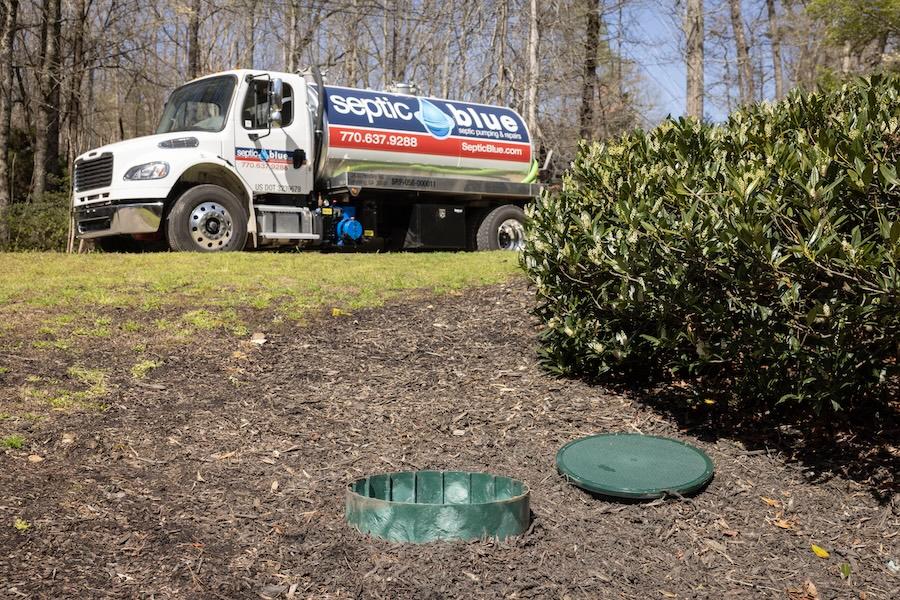The Importance of Regular Septic Tank Cleaning
Read More
Schedule Online
919-446-4099

Aug 25, 2024
The management of wastewater in numerous homes, particularly those located in rural areas, is contingent upon the proper operation of a septic system. One of the key players in maintaining a healthy septic system is the community of microbes that live within it. These tiny organisms work tirelessly to break down waste, ensuring that your system runs smoothly.
In this blog post, our professionals from Septic Blue of Raleigh will explore the vital role microbes play in your septic system and how proper maintenance can support their activity.
Microbes, including bacteria, protozoa, and fungi, are natural decomposers that thrive in the anaerobic (low oxygen) environment of your septic tank. These microorganisms break down the solid waste that enters your septic system, converting it into simpler substances. This process not only mitigates the volume of waste but also prevents the accumulation of harmful substances that could clog your system or infiltrate into the environment.
Without these microbes, your septic system would quickly become overwhelmed with waste, leading to costly issues that would require intervention from a professional company. The balance of microbes in your septic tank is delicate, and disruptions can result in inefficient waste breakdown, leading to a need for septic tank repair or even installation if the damage is severe.
When waste enters your septic tank, it is initially broken down into three layers: scum (floating solids), effluent (liquid), and sludge (settled solids). Microbes primarily act on the sludge and effluent layers, breaking down organic matter into gases and water, which then exit the tank and are further filtered by the soil in the drain field.
This microbial activity is crucial for reducing the volume of solid waste and preventing the accumulation of materials that can block pipes or reduce the efficiency of the drain field. It is crucial to conduct routine septic tank pumping to eliminate excess sludge that microbes are unable to completely decompose, which ensures the continued functionality of your system.
The efficiency of microbes in your septic system can be influenced by several factors. For instance, the introduction of harsh chemicals or non-biodegradable materials can disrupt microbial activity, reducing their ability to break down waste. Similarly, overloading your septic system with too much water can dilute the microbial population, leading to poor waste breakdown and potential septic tank repair needs.
The longevity of your septic system is contingent upon the maintenance of a healthy microbial population. This can be achieved through proper septic tank maintenance, such as regular septic tank cleaning and avoiding the disposal of harmful substances down your drains. A reputable company can offer advice on the most effective methods for safeguarding the microbial community in your septic system.
While microbes are incredibly effective at breaking down waste, they cannot do it all. Over time, solid waste will accumulate in your septic tank, necessitating septic pumping to prevent overflows and backups. Your system's efficiency is maintained through consistent maintenance, which encompasses septic tank cleaning and inspection.
A septic company can evaluate the health of your system, including the microbial activity, and suggest the appropriate frequency for septic pumping and other maintenance duties. Ignoring these maintenance needs can lead to system failures, requiring more extensive septic repair or even septic installation in severe cases.
Are you in need of a septic tank installation? Luckily, we at Septic Blue of Raleigh have dedicated workers ready at your service. Contact our representatives for more questions.